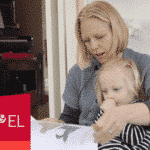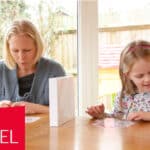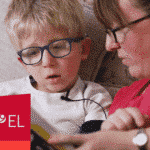
Last month, we gave you some tips and resources to kick off your listening practice. Those activities focused on common whole words, phrases, and sentences. In this blog post we have another free resource to help you to continue with your listening practice. These activities focus on how you can practice listening for and discriminating
.png)




